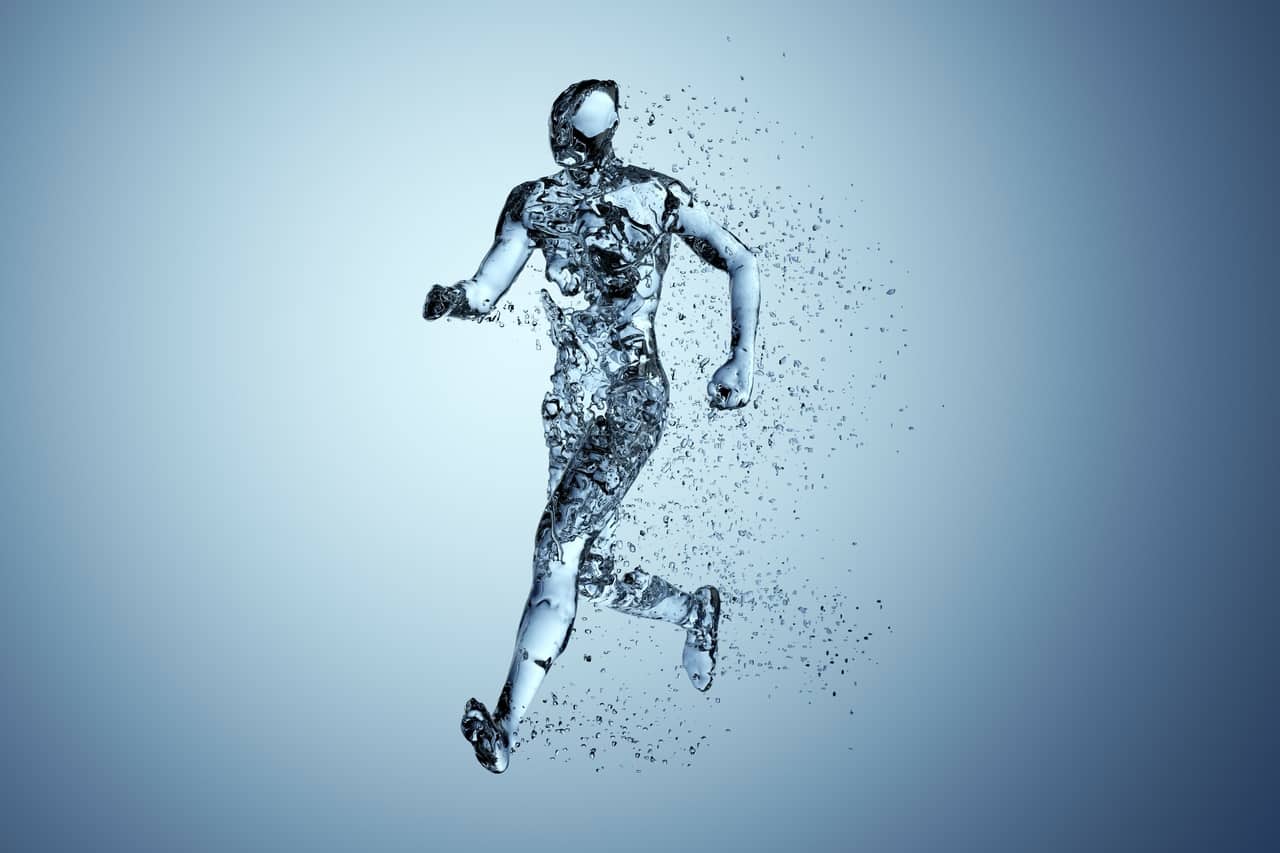Proper hydration is essential for maintaining overall health, but its specific impact on spine health is often overlooked. The spine, a crucial structure supporting the body, requires adequate hydration to function optimally. Dehydration can lead to various spine-related issues, including pain and degeneration. In this article, we will explore how hydration affects the spine, the consequences of dehydration, and practical tips to maintain good hydration for spine health.
At NJ Spine, we understand spinal health is integral to overall well-being. Many individuals experience spine-related problems due to dehydration without realizing it. Ensuring proper hydration can alleviate some of these issues and improve spinal health. Our team is dedicated to providing comprehensive care and education to help you maintain a healthy spine. If you are experiencing spinal discomfort, we are here to guide you through effective treatment options.
How Hydration Affects the Spine
The spine is composed of vertebrae and intervertebral discs that act as cushions between the bones. These discs are primarily made of water, and their hydration levels directly influence their ability to absorb shock and provide flexibility. When the body is well-hydrated, the discs maintain their shape and function, contributing to overall spine health.
Dehydration affects the spine by reducing the water content in the intervertebral discs. This loss of hydration makes the discs less pliable and more prone to damage. Over time, chronic dehydration can lead to disc degeneration, which may result in conditions such as herniated discs, bulging discs, and chronic back pain. Maintaining proper hydration helps the discs remain healthy and functional.
Furthermore, adequate hydration helps maintain the lubrication of the joints in the spine. Synovial fluid, which lubricates the spinal joints, relies on sufficient water intake to keep the joints moving smoothly. Without proper hydration, joint stiffness and discomfort can occur, leading to reduced mobility and increased risk of injury.
Consequences of Dehydration on Spine Health
Dehydration can have significant consequences on spine health, often leading to chronic conditions that require medical intervention. One of the most common effects of dehydration is the reduction in the height of intervertebral discs. This reduction can cause the vertebrae to come closer together, resulting in nerve compression and pain.
Another consequence is the increased risk of disc herniation. When the discs lose their water content, they become less resilient and more susceptible to tearing and bulging. Herniated discs can press on the spinal nerves, causing pain, numbness, and weakness in the affected areas. Proper hydration helps maintain the structural integrity of the discs, reducing the risk of herniation.
Dehydration also impacts the muscles supporting the spine. Muscles need water to function correctly, and dehydration can lead to muscle cramps, spasms, and fatigue. These muscle issues can further strain the spine, exacerbating pain and discomfort. Ensuring adequate hydration supports muscle function and helps prevent these complications.
Practical Tips for Maintaining Hydration
Maintaining proper hydration is essential for spine health and overall well-being. Here are some practical tips to help you stay hydrated:
- Drink Enough Water: Aim to drink at least eight 8-ounce glasses of water daily, more if you are physically active or live in a hot climate. Carry a water bottle with you to remind yourself to drink regularly.
- Monitor Your Urine Color: A simple way to check your hydration status is by observing the color of your urine. Light yellow or clear urine indicates good hydration, while dark yellow or amber suggests dehydration.
- Eat Water-Rich Foods: Incorporate fruits and vegetables with high water content, such as cucumbers, watermelon, and oranges, into your diet. These foods contribute to your overall hydration and provide essential nutrients.
Following these tips can help your spine remain hydrated and healthy, reducing the risk of spine-related issues and enhancing your overall quality of life.
Why Choose NJ Spine for Your Spine Health?
At NJ Spine, we are committed to providing top-quality care for patients with spine-related issues. Our team of experienced and board-certified specialists uses state-of-the-art technology and minimally invasive techniques to diagnose and treat various spinal conditions. We understand each patient is unique, and we tailor our treatments to meet individual needs, ensuring the best possible outcomes.
Our comprehensive concierge services make it easy for patients from all over the nation to access our care. From coordinating travel and accommodation to providing same-day office visits, we ensure a seamless experience for our patients. If you are experiencing spine-related discomfort, trust NJ Spine to deliver the care you need. Contact us today at (866) 553-0612 or visit our contact form to schedule a consultation.

